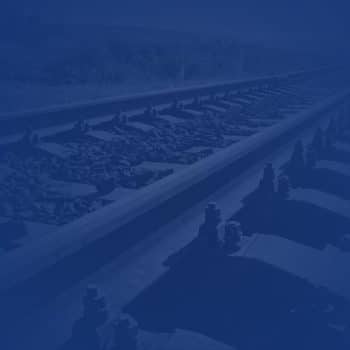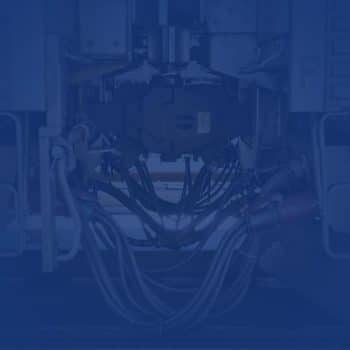
FRA UPDATES PART 219 DRUG AND ALCOHOL RULES TO INCLUDE SOME – BUT NOT ALL — MECHANICAL EMPLOYEES
- On February 4, 2022
On February 2, 2022, the FRA issued a final rule expanding the scope of its drug and alcohol rules (Part 219) to include certain mechanical employees. In a surprise move, the FRA limited its definition of a mechanical employee covered by the new rule to only those employees who perform mechanical tests or inspections required by the following FRA regulations: Railroad Freight Car Safety Standards (49 CFR part 215), Rear End Marking Device –Passenger, Commuter and Freight Trains (49 CFR part 221), Railroad Locomotive Safety Standards (49 CFR part 229), Steam Locomotive Inspection and Maintenance Standards (49 CFR part 230), Brake System Safety Standards for Freight and Other Non-Passenger Trains and Equipment; End-of-Train Devices (49 CFR part 232), and Passenger Equipment Safety Standards (49 CFR part 238). The FRA’s purported purpose in limiting the employees included in the rule was to include only those who perform functions that, in its opinion, most directly affect safety — basically employees who perform the last safety checks on equipment. Other mechanical employees perform functions, per the FRA, that are only tangentially related to safety because they are not “last look” functions. In justifying its decision, the FRA opined that Part 219 is not an employee safety rule. It cites to both 4th amendment (unreasonable searches) and programmatic concerns – primarily a concern over diluting the mechanical employee pools by including employees who do not perform functions that directly impact rail safety.
AAR and ASLRRA, in its comments on the rule, argued FRA should include all employees who perform mechanical duties involving railroad rolling equipment, pointing out that other FRA safety regulations, such as training standards (49 CFR Part 243) and blue signal protection (49 CFR Part 218), define mechanical employees to include those who perform repair, service, and maintenance functions.
The new rule will be effective March 4, 2022. Random testing plans must be submitted to the FRA within 60 days thereafter.
BUT STAY TUNED…it is highly likely the rail industry and other interested parties will challenge the FRA’s limitation of covered employees as well as its assertion that Part 219 is not an employee safety rule.
The Final Rule can be found [here].




